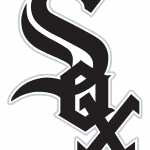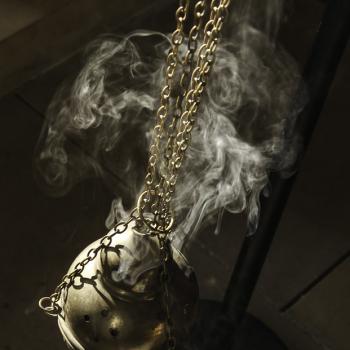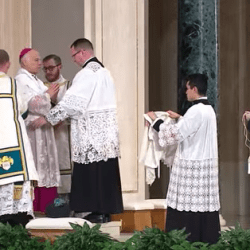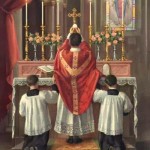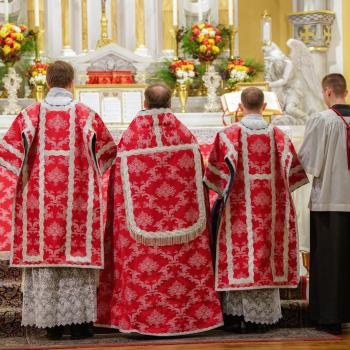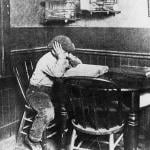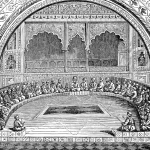This is another issue that pops up during Lent.
It’s become a popular practice in some places to empty the holy water stoups (or fonts) and replace the water with sand. As one priest put it:
“Christ spent 40 days in the desert tempted by the devil, and we spend 40 days [during Lent] on our own desert journey,” said Rev. Thomas Krupa, pastor. “The sand reminds us of the desert.”
On Easter weekend, the fonts will be emptied of the sand and filled with newly-blessed holy water. Though the sand is a small gesture, Father Krupa said that anything reminding people of their Lenten journey is important.
“We have the Stations of the Cross and the church decorated for Lent to encourage people to participate in Lent, and the sand is just another way,” he explained. “Any way a parish can keep people in the Lenten spirit is good.”
In 2000, the Congregation for Divine Worship issued a letter about removing water front the fonts during Lent. I’m not aware of any more recent pronouncements on this, so here’s what the Vatican said:
This Dicastery is able to respond that the removing of Holy Water from the fonts during the season of Lent is not permitted, in particular, for two reasons:
1. The liturgical legislation in force does not foresee this innovation, which in addition to being praeter legem (outside of the law) is contrary to a balanced understanding of the season of Lent, which though truly being a season of penance, is also a season rich in the symbolism of water and baptism, constantly evoked in liturgical texts.
2. The encouragement of the Church that the faithful avail themselves frequently of her sacraments and sacramentals is to be understood to apply also to the season of Lent. The “fast” and “abstinence” which the faithful embrace in this season does not extend to abstaining from the sacraments or sacramentals of the Church. The practice of the Church has been to empty the Holy Water fonts on the days of the Sacred Triduum in preparation of the blessing of the water at the Easter Vigil, and it corresponds to those days on which the Eucharist is not celebrated (i.e., Good Friday and Holy Saturday).
Now you know.


